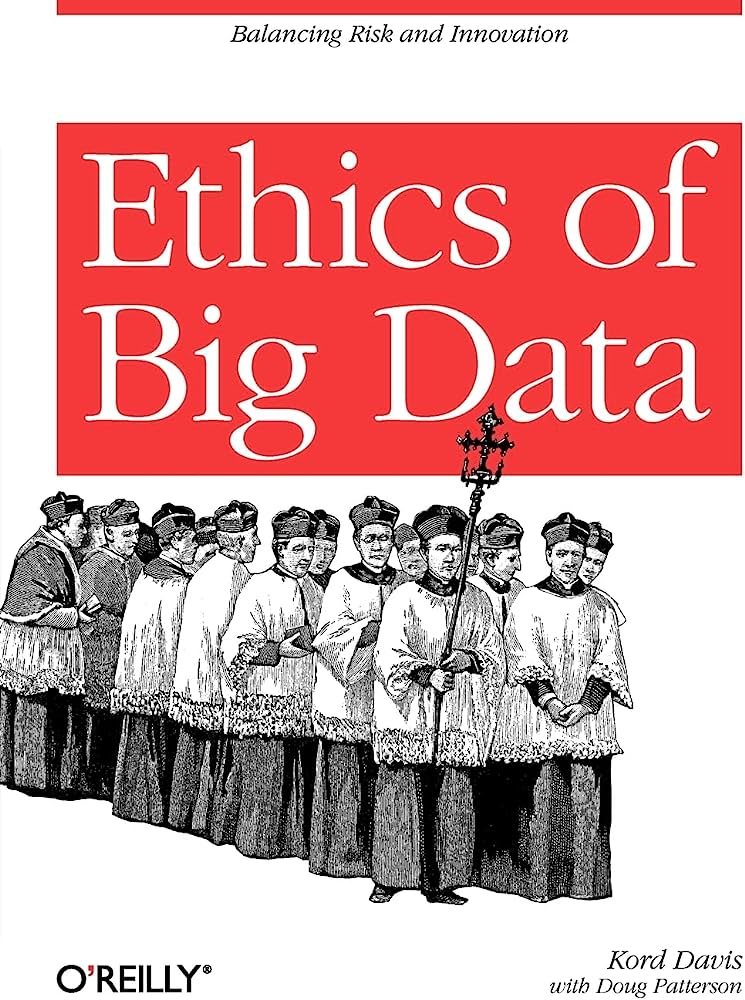
Big data has the potential to revolutionize the way we live and work. However, with this great potential comes great responsibility. As we collect more data, it's important to consider the ethical implications of how that data is used. In this article, we'll explore the ethics of big data and how we can balance innovation with privacy concerns.
The Importance of Ethical Considerations in Big Data
The use of big data can have significant ethical implications. For example, the use of algorithms in decision-making processes can result in discrimination and bias. Additionally, the collection and use of personal data can raise concerns about privacy and surveillance.
It's important to consider the ethical implications of big data in order to ensure that its use is transparent, fair, and accountable. Ethical considerations should be integrated into the design and implementation of big data projects to ensure that they align with social values and respect human rights.
Privacy Concerns in Big Data
Privacy is a major concern in big data. As more data is collected, it becomes easier to identify individuals and track their behavior. This can result in a loss of privacy and a violation of individual rights.
It's important to consider privacy concerns in big data by implementing privacy protections and ensuring that data is collected and used in a transparent and accountable manner. Additionally, individuals should be given control over their data and be able to opt out of data collection and use.
The Right to Privacy and Data Protection
The right to privacy is a fundamental human right that is protected by international law. The right to privacy includes the right to control personal data and the right to be free from surveillance and monitoring.
Data protection is an important aspect of the right to privacy. Data protection laws regulate the collection, use, and disclosure of personal data and provide individuals with the right to access and correct their data. In addition, data protection laws require that data be collected and used in a transparent and accountable manner.
Transparency and Accountability in Big Data
Transparency and accountability are important principles in big data. Transparency means that data collection and use should be visible and understandable to individuals. Accountability means that data collectors should be responsible for ensuring that data is collected and used in a fair and ethical manner.
To ensure transparency and accountability in big data, data collectors should be transparent about what data is being collected and how it will be used. Additionally, data collectors should implement privacy protections and ensure that data is used in a fair and ethical manner. Finally, data collectors should be accountable for any harm that may result from the use of data.
The use of big data has significant ethical implications that must be considered in order to ensure that its use aligns with social values and respects human rights. Privacy concerns are a major issue in big data, and it's important to implement privacy protections and ensure that data is collected and used in a transparent and accountable manner. Additionally, the right to privacy and data protection should be respected in big data projects. Transparency and accountability are important principles that should be integrated into the design and implementation of big data projects to ensure that they are fair, ethical, and responsible. By balancing innovation with privacy concerns, we can ensure that big data is used in a way that benefits society as a whole.